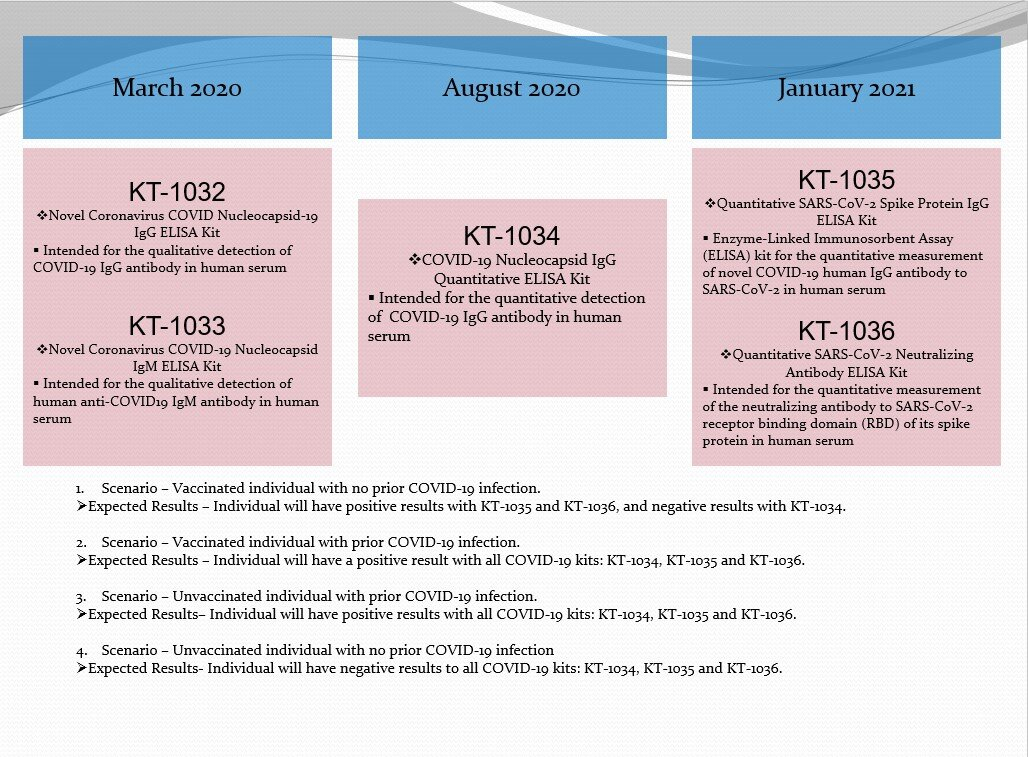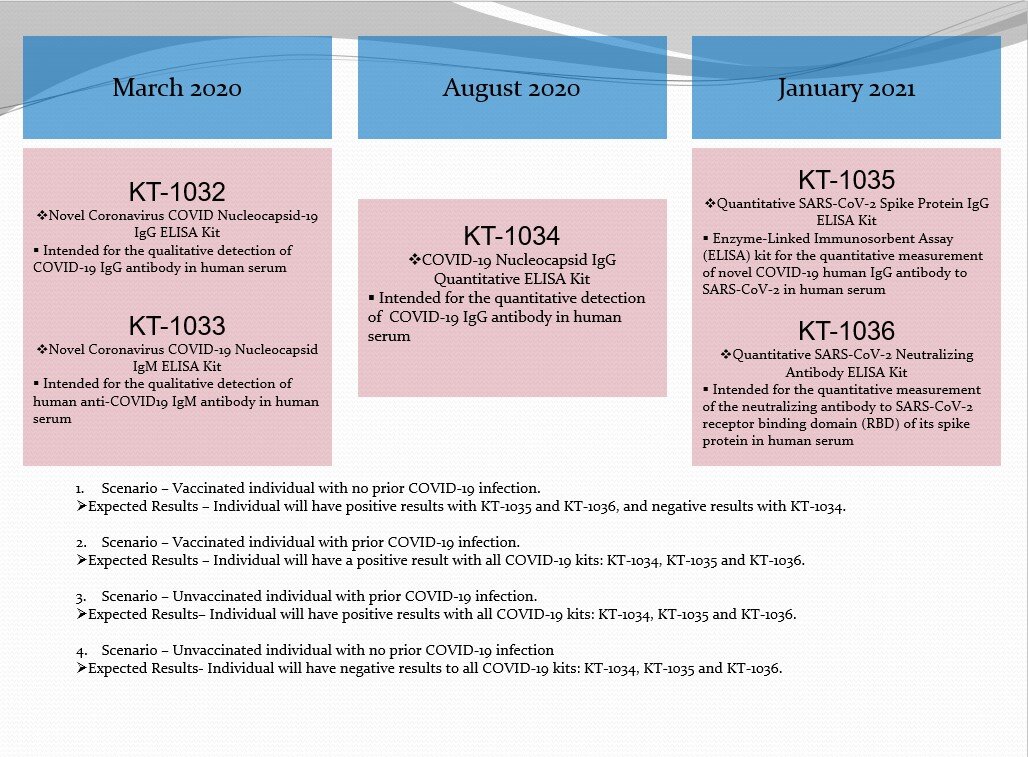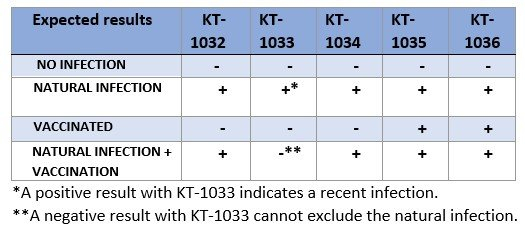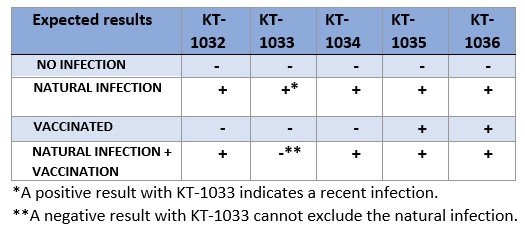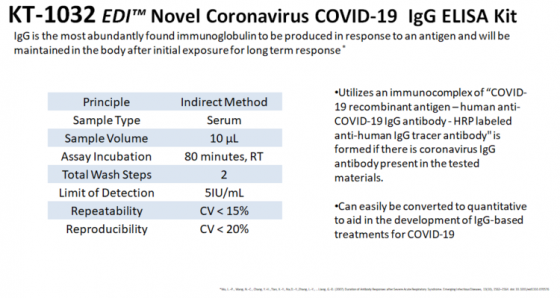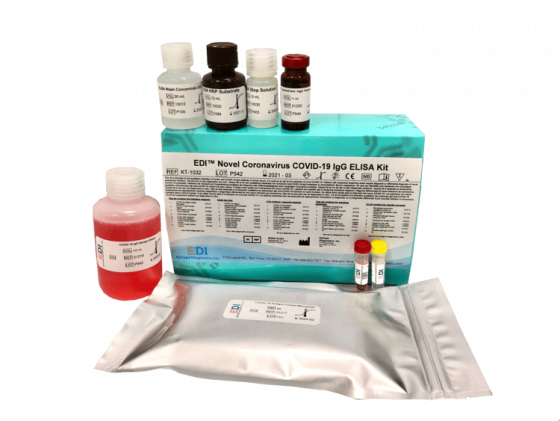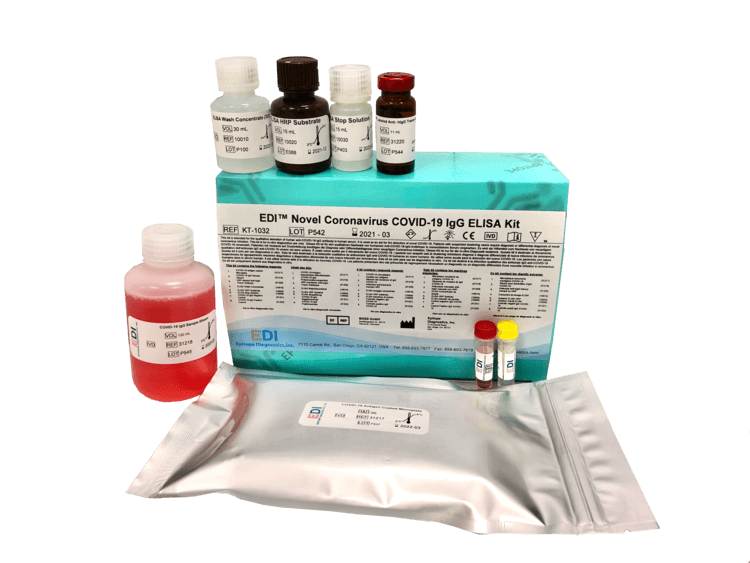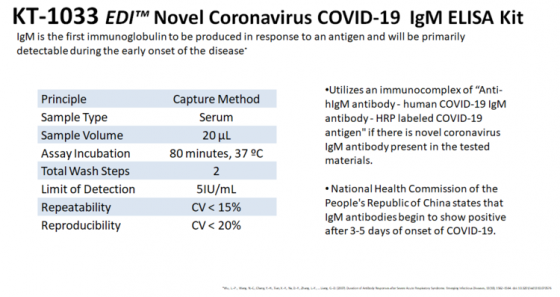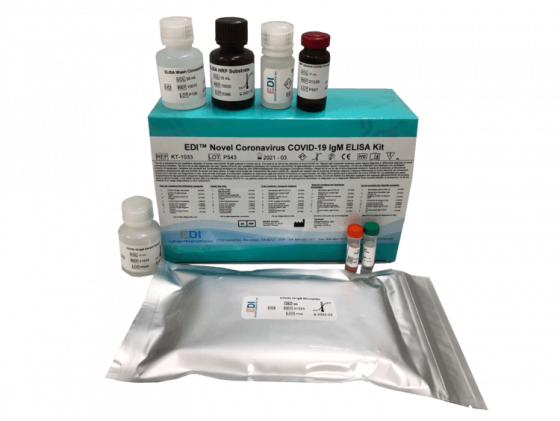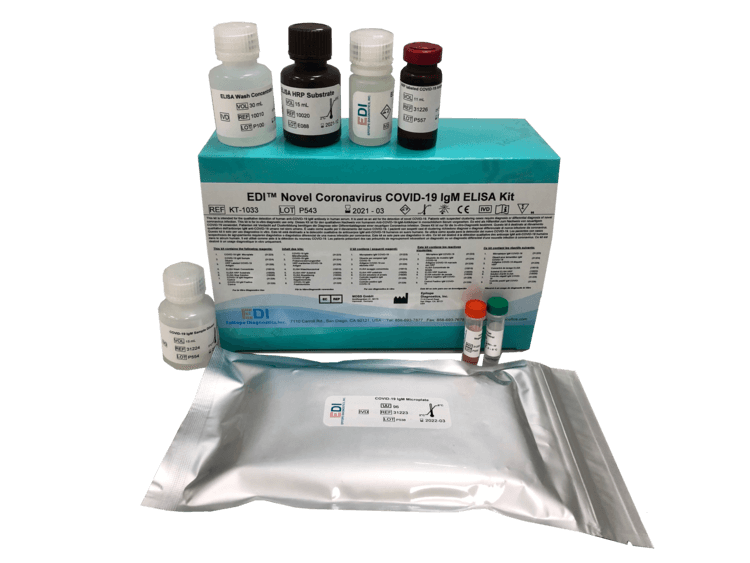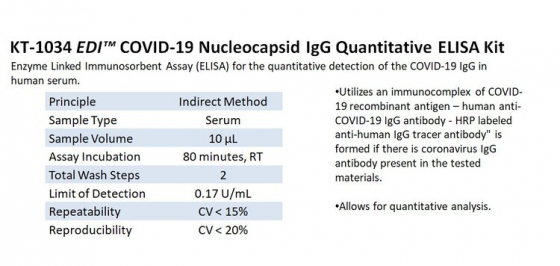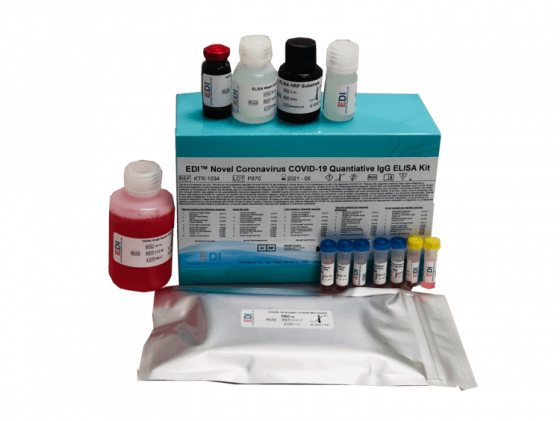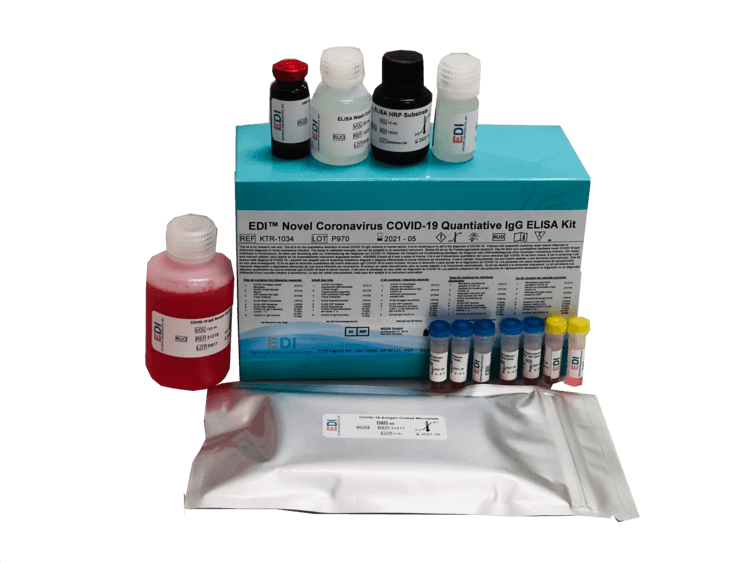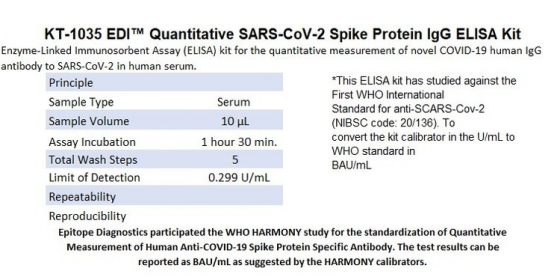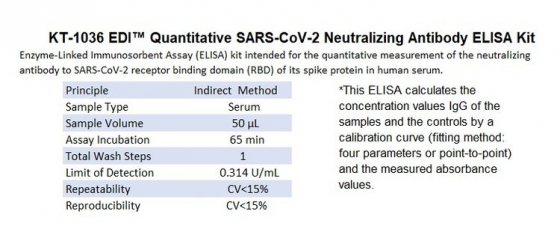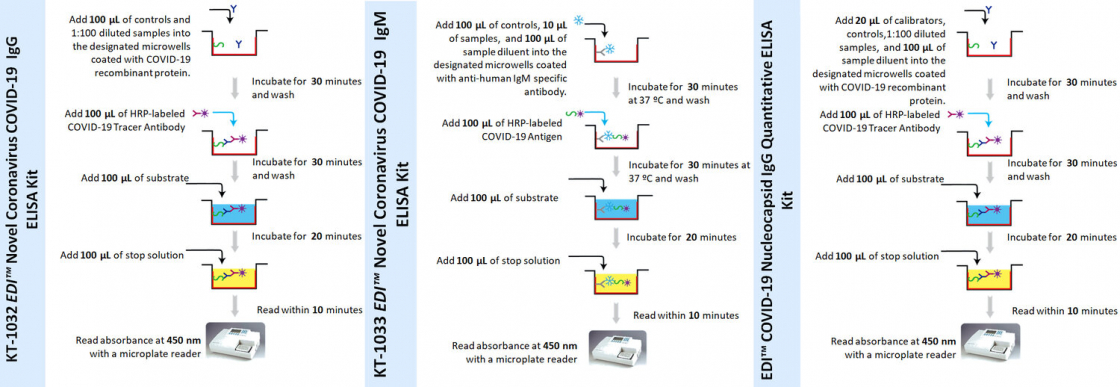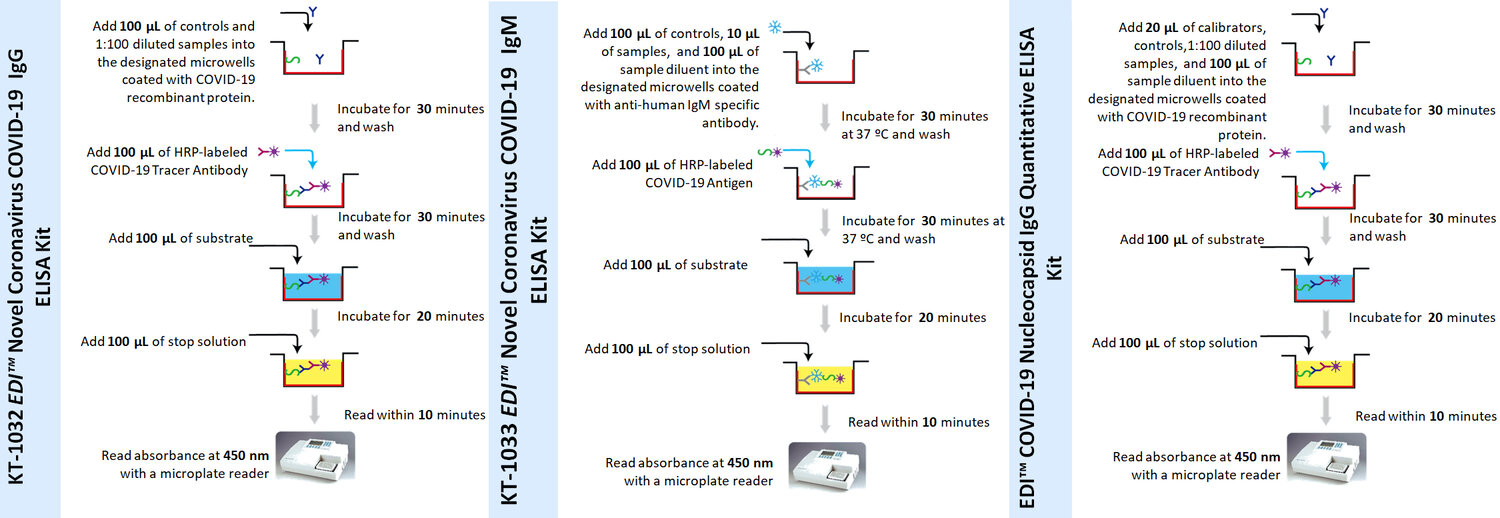Overview & Statement on the Mutations
The 2019 Novel Coronavirus (COVID-19) is a single-stranded RNA coronavirus. Comparisons of the genetic sequences of this virus have shown similarities to SARS-CoV and other bat coronaviruses. In humans, coronaviruses cause respiratory infections. Coronaviruses are composed of several proteins including the spike (S), envelope (E), membrane (M), and nucleocapsid (N). It has been suggested that the spike protein has sufficient affinity to the angiotensin converting enzyme 2 (ACE2) receptor to use it as a mechanism of cell entry. Human-to-human transmission of coronaviruses is primarily thought to occur among close contacts via respiratory droplets generated by sneezing and coughing. There are over 90,000 confirmed Coronavirus cases globally with over 3,000 deaths as a direct result of the infection.
Effective detection of the coronavirus is extremely critical. Currently, real-time polymerase chain reaction (RT-PCR) tests detect genetic material to perform coronavirus testing. However, these tests have low rates of specificity and sensitivity and pose risks related to specimen collection and sample handling. Epitope Diagnostics, Inc. has developed a solution to minimize these risks by using IgG and IgM ELISA kits. IgG is the most abundant immunoglobulin to be produced in response to an antigen and is maintained in the body after initial exposure for long term response. IgM is the first immunoglobulin to be produced in response to an antigen and is primarily detected during the early onset of disease.
Serological IgG and IgM test for COVID-19 B.1.1.7 and B.1.351 LineagesThe recent UK SARS-CoV-2 variant called VUI*202012/01
(B.1.1.7 lineage) has accumulated multiple gene mutations in the spike protein. Five are amino acid replacements (D614G, A222V, N439K, Y453F and N501Y), and one deletion (del). The South African variant called 501.V2 (
B.1.351 lineage) also has gene mutations in the spike protein: D80A, D215G, E484K, N501Y and A701V. Although the full significance of these mutations is yet to be determined, experts believe that mutations in the receptor spike protein fit the virus invasion to the host.
Do these mutations affect Epitope Diagnostics’ serological IgG and IgM Coronavirus ELISAs (KT-1032, KT-1033 and KT-1034)?Epitope Diagnostics’ Novel COVID-19 IgG and IgM assays are designed to identify human IgG and IgM reacting to multiple epitopes of
SARS-CoV-2 full length Nucleocapsid protein, therefore the mutations in spike protein of the
B.1.1.7 and the B.1.351 lineages variants do not impact the safety and effectiveness of Epitope Diagnostics’ COVID-19 IgG and IgM tests.
Epitope Diagnostics’ Proactive Risk Management Plan:
Epitope Diagnostics informs its distributors and laboratories to analyze and report any suspect test results that do not meet clinical findings. EDI monitors SARS-CoV-2 variants databases in NCBI, GISAID and SARS-CoV-2 publications (PubMed). The information is used to perform thorough bioinformatics analysis quarterly. Based on in silico analysis, the performance of the kit is not impacted by the mutations.
